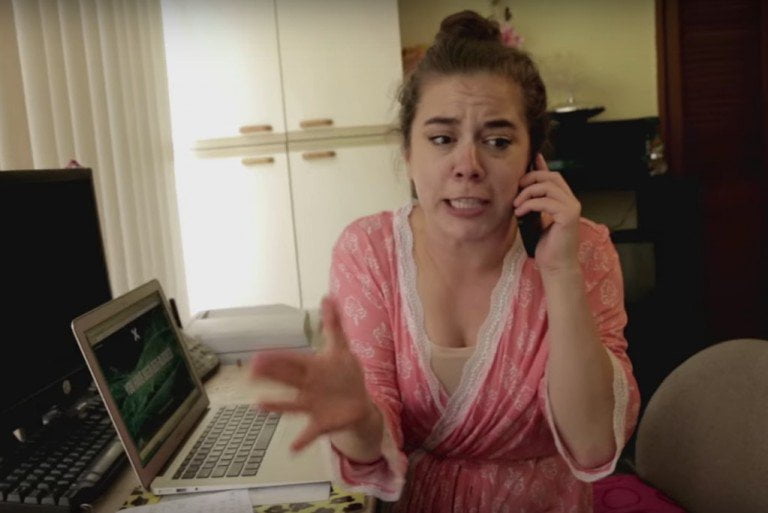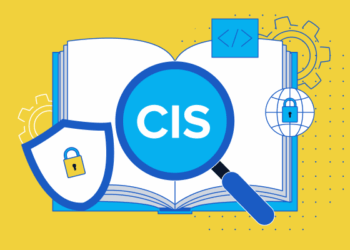
Irish internet users are being charged almost twice the EU average for crucial broadband services as consumers continue to pick up the tab, despite rip-off rates being repeatedly exposed in the past.
The EU’s Digital Economy and Society Index 2016 found the cost of fixed-line broadband in Ireland as a proportion of income remains persistently high, having warned of the same a year ago.
Another 2015 EU report also found that “the cheapest offers are more expensive in Ireland than the EU average” and that prices had either remained stable or increased “for all speed categories and types of products” between 2014 and 2015, with the cost of some services climbing by 50%.
Worryingly, Ireland lags significantly behind its European neighbours in the take-up of fixed broadband, which has substantial knock-on effects for households and businesses.
Mark Fielding, chief executive of the Irish Small and Medium Enterprises Association (ISME), said the report is further proof of government inactivity in the area which has limited firms’ growth.
“We are forever listening to politicians bang on about SMEs needing to trade online and the benefits to the economy of internationally traded goods and services,” said Mr Fielding.
“The difficulty of course is that in many parts of rural — and not so rural — Ireland you would have a better chance connecting to the internet with two tin cans and a ball of twine,” he said.
“The absence of reliable broadband is holding back access to a global market for rural business, tourism and artisan producers.
“Because of the importance of connectivity, the new government must prioritise the roll-out with substantial investment, both public and private.”
The Government’s National Broadband Plan, which is expected to cost up to €500m, promises to deliver high-speed broadband to 750,000 homes and businesses by 2020.
The intervention is aimed at plugging significant holes in coverage across the country, where private operators claim providing broadband services is not economically viable.
The scheme has been criticised by some for setting a minimum download speed of 30Mbps, which critics argue is too low and risks the scheme being outdated within a few years.
The EU digital scorecard report shows progress has been made over the past 12 months in some areas with take-up of faster broadband on the rise as well as general internet use.
Ireland’s overall ranking improved from seventh to eighth in the year with its connectivity ranking jumping three places to 13th despite the ongoing cost issues.
Mobile broadband take-up at 87 out of every 100 people is above the EU average.
It also pointed to a serious lack of skilled information, communications and technology (ICT) professionals in the workforce.
While the proportion of Stem (science, technology, engineering and mathematics) graduates is praised as being above the EU average despite regular concern that too few students are choosing such courses, the number of ICT specialists is lacking.
“Around half of enterprises trying to employ ICT specialists report difficulties doing so,” the report states.
“More young people need to be attracted to ICT jobs, which provide good career opportunities, are well paid and which are key skills for deriving the benefits of ICT for the economy and society.”
The report also found that just 44% of the general population have sufficient digital skills compared to the EU average of 55%.
The most popular online activities among Irish internet users are watching video (68%), social networking (66%), online shopping (63%), and online banking (64%) while the use of online news services is also on the rise.
[“Source-irishexaminer”]














